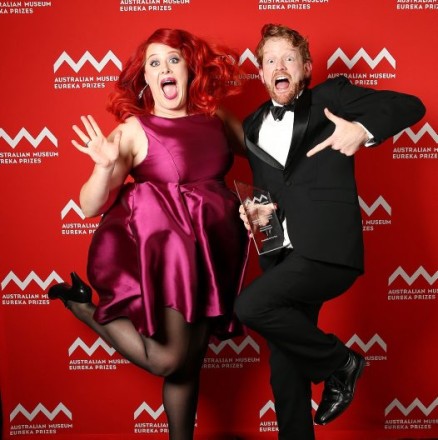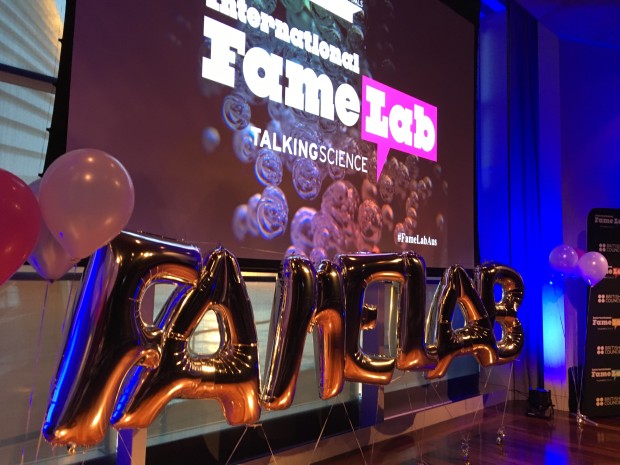Thank you to Joan Leach for the President’s Update.
I’m writing this on the plane as I return from a work trip around China and am reflecting on the extraordinary interest in science communication currently emerging there. What I found were University presidents and organisations across China who want to learn from Australia about science communication – and there is also much we can learn from the Chinese; they are aiming to take what they call the ‘science literacy rate’ from 9% to 25% in 5 years. They are building science museums, growing capacity in their media sector (and have started a Chinese Science Media Centre to mirror our own AUSSMC). The science advisor at the Australian embassy in Beijing hosts nearly nonstop science events and has showcased the connections between Australian and Chinese science. The time is ripe for meaningful collaboration.
I’m thrilled that this issue of SCOPE announces the next winners of the professional development grants at ASC. Thank you to Ian McDonald, Miriam Sullivan and Kali Madden for making these happen – they are a great opportunity for us to give support to our members when they want to ‘skill up’.
Finally, the year is counting down now… I’ve fielded a few queries about the ASC presidency. If you think this is a role for you – just drop me a line; I’m available to talk further. I won’t be standing for President again for 2017 but will be very happy to help the next ASC president to do great things.


